Summer squashes, such as zucchini, globe squash, pattypan, and yellow crookneck squash, are quick-growing, small-fruited, non-trailing or bush varieties of Cucurbita pepo. Plants are upright and spreading, 45 to 75 cm (18 to 30 inches) high, and produce a great diversity of fruit forms, from flattened through oblong to elongate and crooked fruits, colored from white through cream to yellow, green, and variegated. Fruit surfaces or contours may be scalloped, smooth, ridged, or warty. The fruits develop very rapidly and must be harvested a few days after they form (before the seeds and rinds harden) and used soon after harvest. The rind is generally considered edible. Description from britannica.com
Home > Plant Guide >
Scientific Name
Family
Garden Type
Wildlife
Native Plant Region
Light needs
Water Needs
Plant Type
Bloom Color(s)
Height
Width
Months in Bloom
Safe Beneath Power Lines?
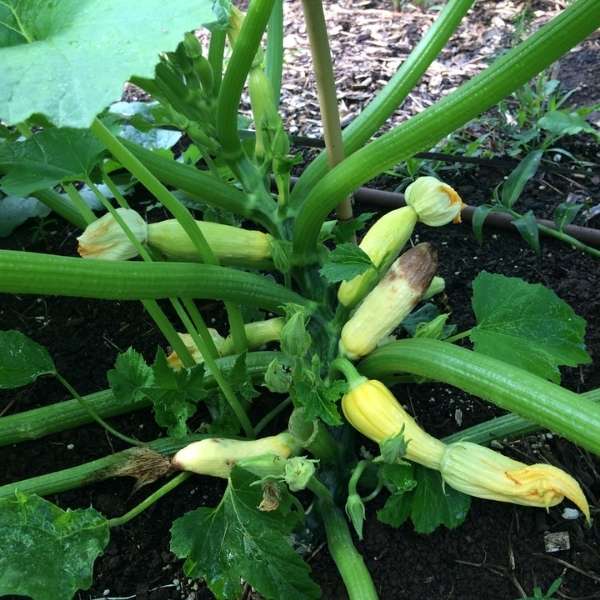
We’d like to maintain accurate and robust plant listings. If you see information that is not correct or that could be added to improve the listing, please let us know. Or if you’d like to suggest a plant to add to our plant guide, you can use this form do so. Thank you!
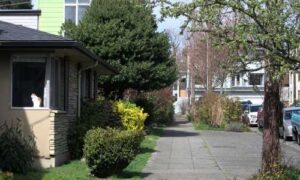
Do you wonder how a cat can be happy indoors? This presentation will give you a better understanding of cat behavior and the confidence that an indoor cat can be a happy cat.
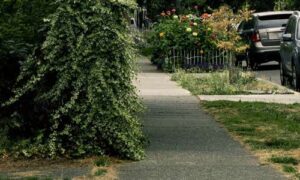
Start a garden in a planting strip along the street. Explore our interactive corridor map, find what to grow, and start nurturing today.
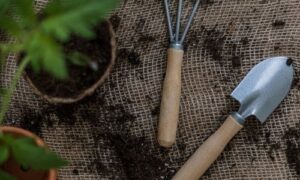
New types of vegetation can attract additional wildlife to an area. You might be surprised how a little green can go a long way!
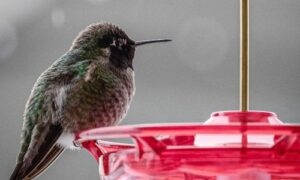
The urban environment presents dangers to wildlife that they are not always adapted to overcome. Reducing urban hazards is an essential part of enhancing habitat in cities. After all, we do not want to lure wildlife into our neighborhoods only to have them fatally collide with our windows.
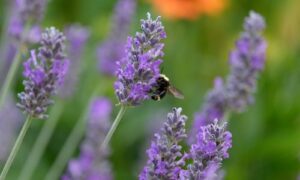
Check out our list of local wildlife-supporting plant stores and nurseries, organizations, and community science opportunities.
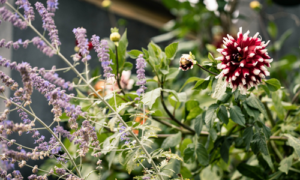
Learn about container gardening with shrubs, trees, herbs, veggies, perennials, and annuals. A special focus will be on plantings that provide pollinators with food and that encourage bird habitat.
Nature of Your Neighborhood is a collaboration between Birds Connect Seattle, the Capitol Hill EcoDistrict, and the Seattle Bird Conservation Partnership. Our goal is to foster relationships between the people and the nature of their neighborhoods.